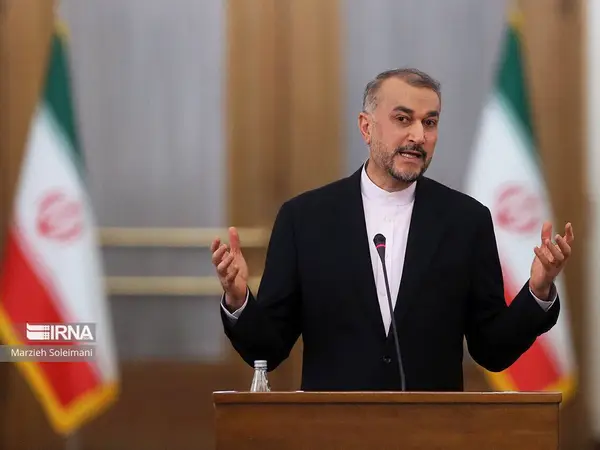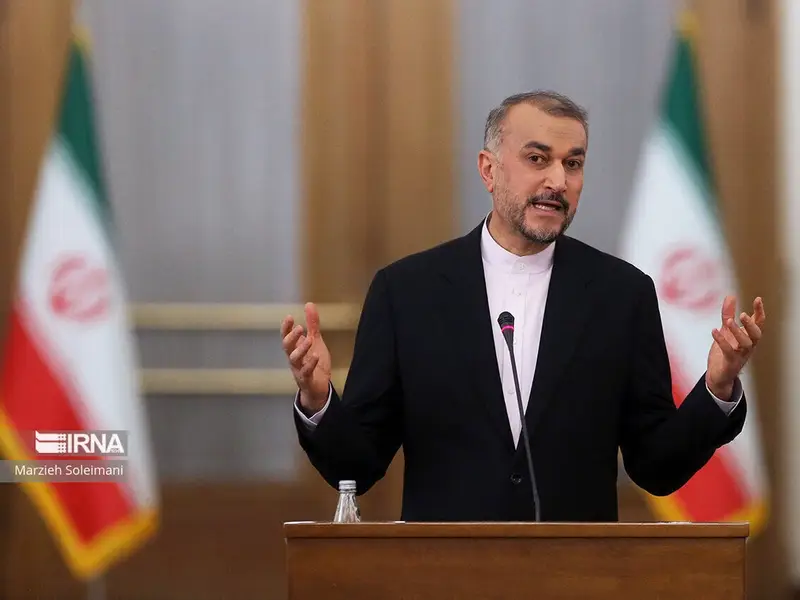Iran's Foreign Minister criticized what he termed "coercive measures" employed by human rights institutions in their investigation of the 2022 protests.
In a meeting held in Tehran on Sunday, Hossein Amir-Abdollahian claimed that such measures “lack legal or legitimate justification".
In the wake of the unrest, the UN Human Rights Council initiated a fact-finding mission to probe the reported human rights violations in the aftermath of the widespread protests ignited in September following the death of Mahsa Amini in morality police custody.
Protesters were met with severe repression by Iranian authorities. Reports indicate the use of excessive and lethal force, over 500 killed and the arrest of tens of thousands of protesters and peaceful dissidents.
Amir-Abdollahian also claimed that a committee, led by President Ebrahim Raisi, has been established to investigate the 2022 protests. According to him, this committee signifies the "accountability and seriousness of the Islamic Republic in supporting human rights."
Human rights organizations are actively engaged in investigating the deaths of hundreds, including 69 children, during the protests. The primary focus of the investigations is to seek justice for victims and survivors of extrajudicial killings, mass arbitrary detentions, torture, and other serious abuses allegedly perpetrated by the Islamic Republic in response to peaceful demonstrations.
The lack of independence and impartiality in Iran's judicial system complicates domestic avenues for accountability, making it challenging to address alleged injustices and abuses within the country.

